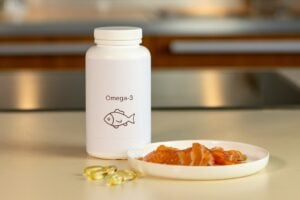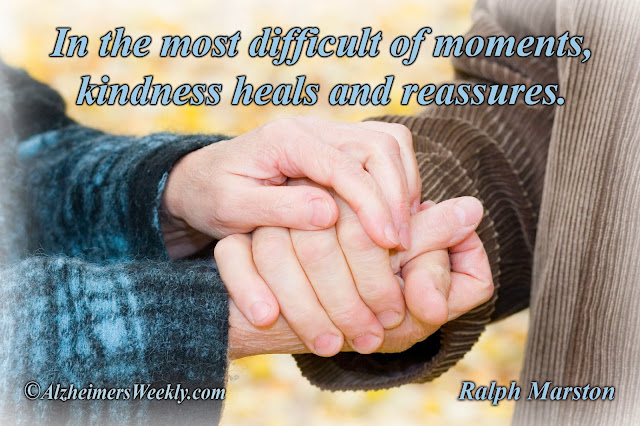DIET NEWS – ARTICLE & VIDEO:
These studies show dark chocolate improves memory & mood, boosts immunity and reduces stress as well as inflammation.
LOMA LINDA, CA —
Findings from two studies show that consuming dark chocolate that has a high concentration of cacao (minimally 70% cacao, 30% organic cane sugar) has positive effects on:
- Stress levels
- Inflammation
- Mood
- Memory
- Immunity.
Effects of a Regular-Sized Chocolate Bar
“For years, we have looked at the influence of dark chocolate on neurological functions from the standpoint of sugar content – the more sugar, the happier we are,” said Dr. Lee Berk.
While it is well known that cacao is a major source of flavonoids, this is the first time the effect has been studied in human subjects to determine how it can support cognitive, endocrine and cardiovascular health.
Lee S. Berk, DrPH, , served as principal investigator on both studies. Dr. Berk is associate dean of research affairs, School of Allied Health Professions and a researcher in psychoneuroimmunology and food science from Loma Linda University.
“Positive Impact”
Berk added, “This is the first time that we have looked at the impact of large amounts of cacao in doses as small as a regular-sized chocolate bar in humans over short or long periods of time, and are encouraged by the findings. These studies show us that the higher the concentration of cacao, the more positive the impact on cognition, memory, mood, immunity and other beneficial effects.”
The flavonoids found in cacao are extremely potent antioxidants and anti-inflammatory agents, with known mechanisms beneficial for brain and cardiovascular health. The following resultswere presented in live poster sessions during the Experimental Biology 2018 meeting.
Two Studies on Dark Chocolate with 70% Cacao
These results were based on two important studies:
-
Dark Chocolate (70% Cacao) Effects Human Gene Expression: Cacao Regulates Cellular Immune Response, Neural Signaling, and Sensory Perception
· This pilot feasibility experimental trial examined the impact of 70 percent cacao chocolate consumption on human immune and dendritic cell gene expression, with focus on pro- and anti-inflammatory cytokines. Study findings show cacao consumption up-regulates multiple intracellular signaling pathways involved in T-cell activation, cellular immune response and genes involved in neural signaling and sensory perception – the latter potentially associated with the phenomena of brain hyperplasticity.
-
Dark Chocolate (70% Organic Cacao) Increases Acute and Chronic EEG Power Spectral Density (μv2) Response of Gamma Frequency (25-40Hz) for Brain Health: Enhancement of Neuroplasticity, Neural Synchrony, Cognitive Processing, Learning, Memory, Recall, and Mindfulness Meditation
· This study assessed the electroencephalography (EEG) response to consuming 48 g of dark chocolate (70% cacao) after an acute period of time (30 mins) and after a chronic period of time (120 mins), on modulating brain frequencies 0-40Hz, specifically beneficial gamma frequency (25-40Hz). Findings show that this superfood of 70 percent cacao enhances neuroplasticity for behavioral and brain health benefits.
Berk said the studies require further investigation, specifically to determine the significance of these effects for immune cells and the brain in larger study populations. Further research is in progress to elaborate on the mechanisms that may be involved in the cause-and-effect brain-behavior relationship with cacao at this high concentration.
-
Loma Linda University Health
Loma Linda University Health includes Loma Linda University’s eight professional schools, Loma Linda University Medical Center’s six hospitals and more than 900 faculty physicians located in the Inland Empire of Southern California. Established in 1905, Loma Linda University Health is a global leader in education, research and clinical care. It offers over 100 academic programs and provides quality health care to over 40,000 inpatients and 1.5 million outpatients each year.











